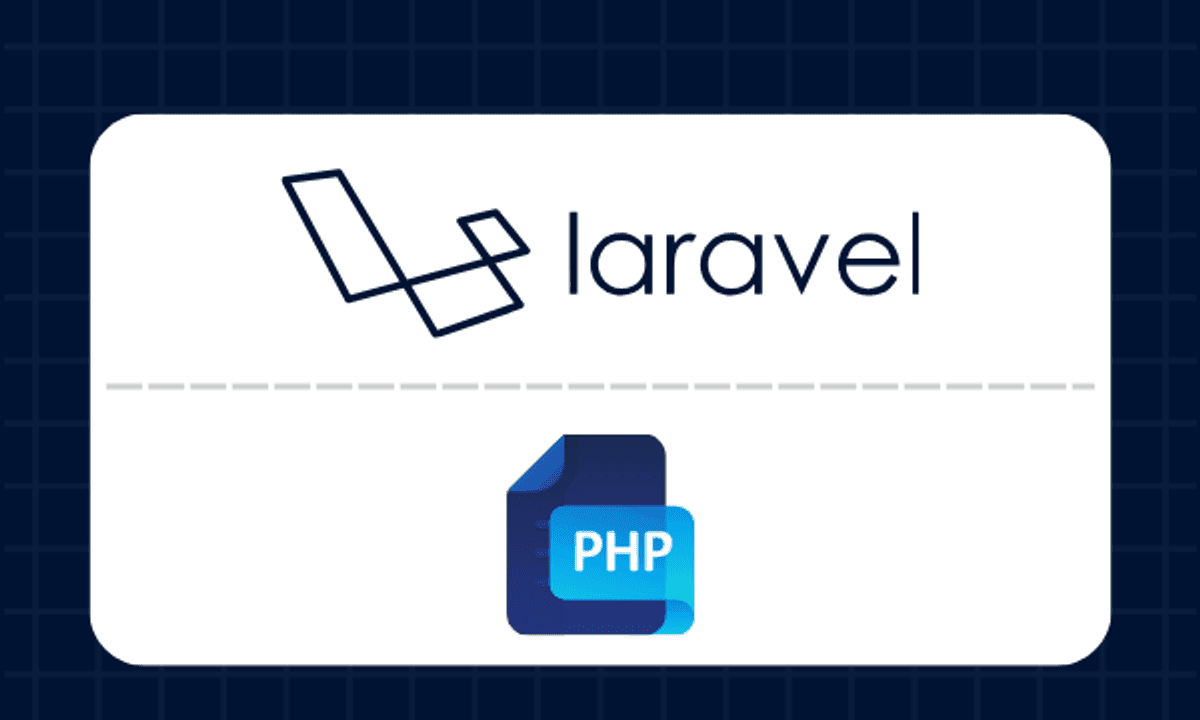Course Help Document
Welcome to the “Mastering Laravel Framework and PHP” course! This document provides you with all the necessary information, resources, and guidelines to successfully navigate and complete the course.
Table of Contents
- Course Overview
- Course Objectives
- Course Outline
- Course Materials
- Assessments and Certification
- Prerequisites
- Course Policies
- Additional Resources
- Contact Information
1. Course Overview
“Mastering Laravel Framework and PHP” is an in-depth course designed to equip students with the skills and knowledge required to build modern, scalable web applications using the Laravel framework and PHP. This course covers fundamental and advanced topics in Laravel, from setting up a development environment to deploying applications.
2. Course Objectives
By the end of this course, you will be able to:
- Understand the core concepts of Laravel.
- Develop web applications using Laravel and PHP.
- Utilize Laravel’s features such as Eloquent ORM, Blade templating, and Artisan CLI.
- Implement authentication and authorization in Laravel applications.
- Manage application state with sessions and caching.
- Build RESTful APIs using Laravel.
- Deploy Laravel applications to production environments.
3. Course Outline
Module 1: Introduction to Laravel
- Overview of Laravel and its features
- Setting up a Laravel development environment
- Laravel project structure and MVC pattern
- Using Composer for dependency management
Module 2: Routing and Controllers
- Defining routes and route groups
- Creating and using controllers
- Route parameters and route model binding
- Middleware and request lifecycle
Module 3: Views and Blade Templating
- Introduction to Blade templating engine
- Creating and extending Blade templates
- Displaying data in views
- Blade directives and components
Module 4: Eloquent ORM and Database
- Introduction to Eloquent ORM
- Defining and using models
- Querying databases with Eloquent
- Relationships (one-to-one, one-to-many, many-to-many)
- Database migrations and seeders
Module 5: Forms and Validation
- Creating and processing forms
- Validation rules and custom messages
- Handling validation errors
- Form request classes
Module 6: Authentication and Authorization
- Setting up user authentication
- Registration and login functionality
- Protecting routes with middleware
- Role-based access control
Module 7: Working with APIs
- Introduction to RESTful APIs
- Creating API routes and controllers
- Building JSON APIs
- API authentication with Passport and Sanctum
- Versioning APIs
Module 8: Testing and Debugging
- Writing unit and feature tests
- Using PHPUnit and Laravel Dusk
- Debugging with Laravel Debugbar
- Logging and error handling
Module 9: Advanced Laravel Features
- Event handling and broadcasting
- Task scheduling with Cron and Laravel Scheduler
- Queues and background jobs
- Caching strategies and cache drivers
Module 10: Deployment and DevOps
- Preparing Laravel applications for production
- Deploying to cloud platforms (AWS, DigitalOcean, Heroku)
- Using Docker with Laravel
- Continuous Integration and Continuous Deployment (CI/CD)
Module 11: Final Project
- Planning and designing a Laravel application
- Implementing core features and functionalities
- Ensuring security and performance optimization
- Testing and debugging the application
- Deploying the application to a production environment
4. Course Materials
Recommended Textbooks:
- “Laravel: Up & Running” by Matt Stauffer
- “Laravel Design Patterns and Best Practices” by Arda Kılıçdağı and İsmail Çıldır
Online Resources:
- Laravel official documentation: laravel.com/docs
- Laracasts: laracasts.com
- PHP official documentation: php.net
5. Assessments and Certification
- Quizzes and Assignments: Quizzes and assignments are provided after each module to reinforce learning and ensure comprehension of the material.
- Mid-term Project: A project focusing on specific Laravel features covered in the first half of the course.
- Final Project: Develop a complete Laravel application. This project will be assessed based on the application of Laravel principles, functionality, and code quality.
- Certification: Certificates will be awarded upon successful completion of the course, including all quizzes, assignments, and the final project.
6. Prerequisites
- Basic understanding of PHP and web development
- Familiarity with HTML, CSS, and JavaScript
- Basic knowledge of MVC architecture (recommended)
7. Course Policies
- Attendance: Regular attendance and participation in all modules and activities are essential for successful course completion.
- Assignments: All assignments must be submitted by the specified deadlines. Late submissions may incur penalties.
- Academic Integrity: All students are expected to adhere to principles of academic honesty. Plagiarism or cheating will result in disciplinary action.
8. Additional Resources
- Laravel Official Documentation: laravel.com/docs
- Laracasts: Online video tutorials and courses for Laravel and PHP.
- Stack Overflow: Community-driven Q&A for programming.
- GitHub: Host your projects and collaborate with others.
9. Contact Information
If you have any questions or need further assistance, please contact:
- Instructor: [Instructor’s Name]
- Email: [Instructor’s Email]
- Office Hours: [Instructor’s Office Hours]
